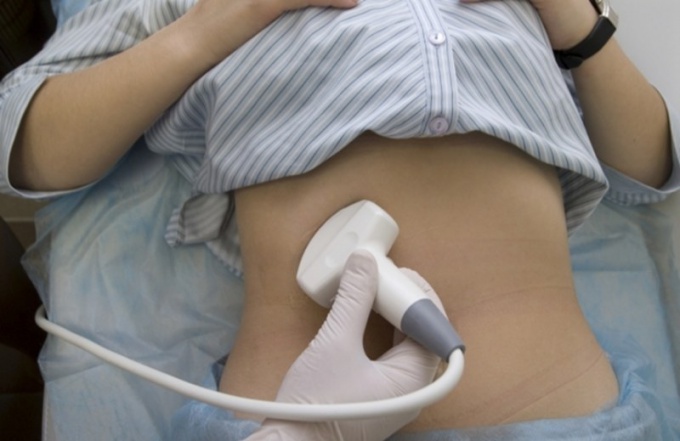You will need
- - the urine;
- - the blood;
- - diagnostic devices.
Instruction
1
For examination of the kidneys have to contact a good specialist-a urologist. The doctor will carry out an external examination, and ordering tests and other tests.
2
One of the common methods of examination of the kidneys – palpation (used with prolapse or disease of the kidneys). The urologist will perform a palpation in the following way: one hand has on the abdominal wall of the patient, and the second on his back. The patient needs to relax the abdominal muscles and use your abdomen to breath (during exhalation, the physician performs deep palpation points of the kidney).
3
Another way of examination – kidney symptom check of the twelfth rib. The essence of this method is as follows: the physician places the left hand (palm) on the back arc of the twelfth rib and the right (edge), taps his left hand. If in the course of such examination the patient complains of a sharp pain, it is a signal that inflamed kidneys.
4
For examination of kidney use additional diagnostic procedures. The safest and most informative ultrasound of the kidneys. This procedure allows to obtain data about the shape and size of the inspected bodies, and to identify pathological changes of the kidney structure.
5
Examination of the kidneys is also carried out with the help of computer and magnetic resonance scans. These methods allow us to estimate the location of the kidneys in relation to other internal organs, and to study their structure and to detect pathology. Often assigned a radiographic contrast study that allows to assess the patency of the urinary tract.
6
Applied radioisotope renography. This diagnostic method allows to obtain reliable information on the secretory and absorptive functions of the kidneys.
Note
If when urinating there was a strong pain, in no case do not self-medicate! Self-taken drugs can complicate the process of diagnosis, and to hide the real picture occurring in the body processes.
Useful advice
All used methods of examination of the kidneys accompanied by laboratory examination of urine and blood chemistry.
